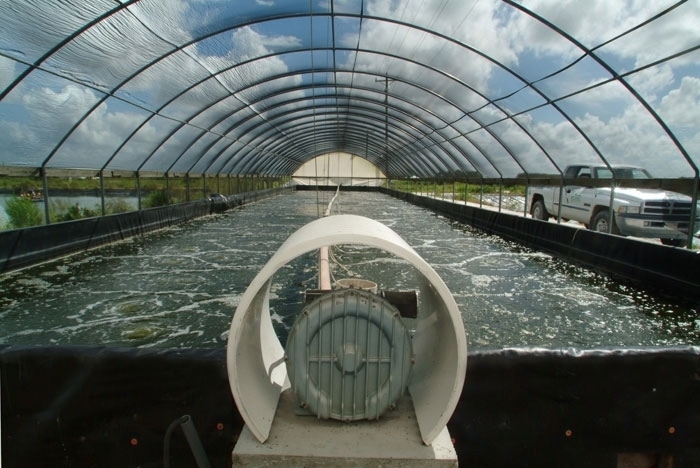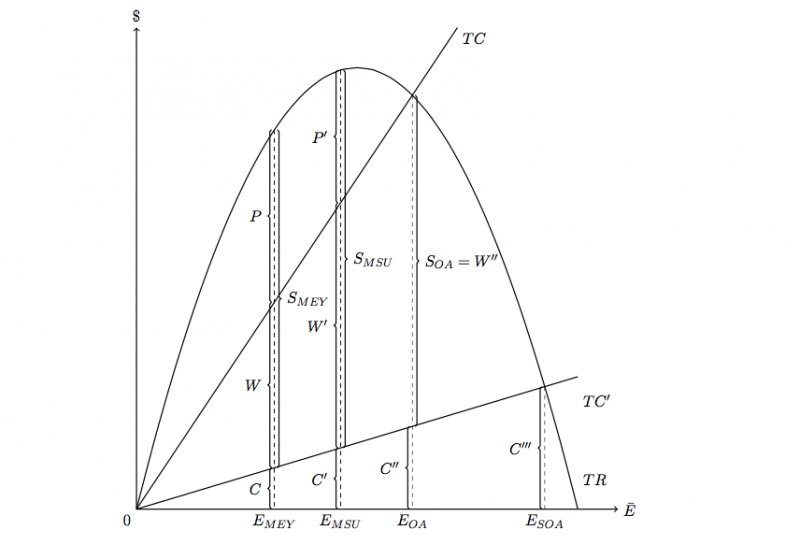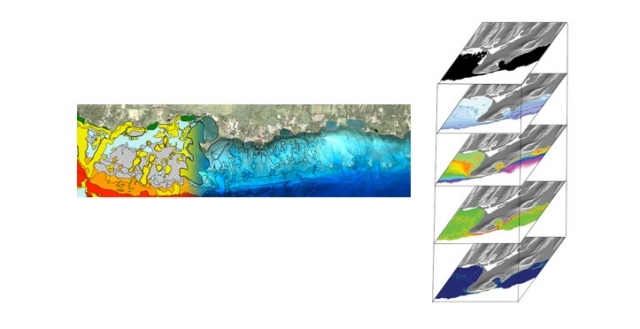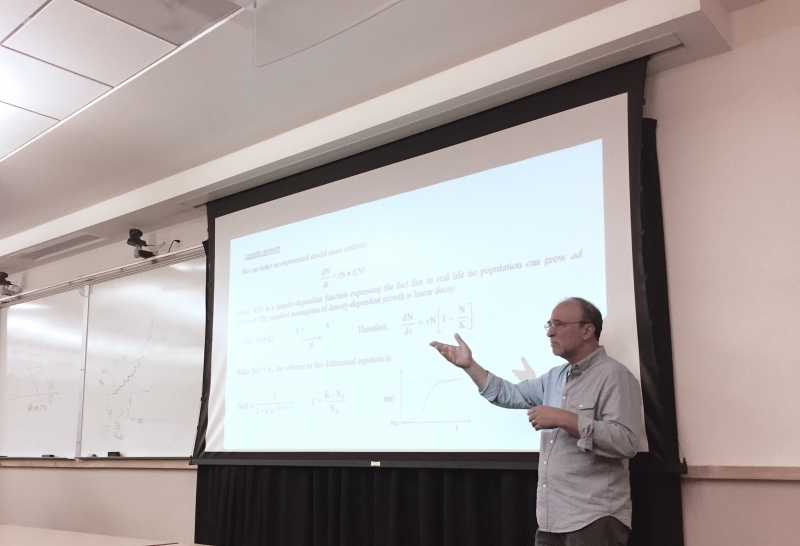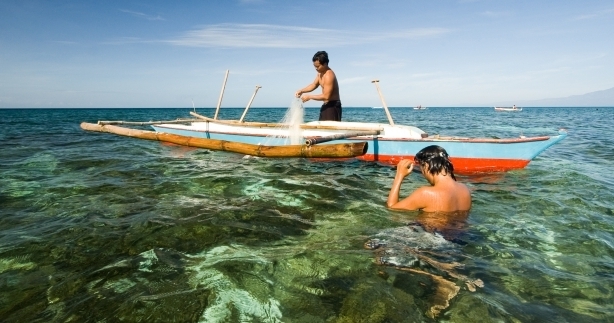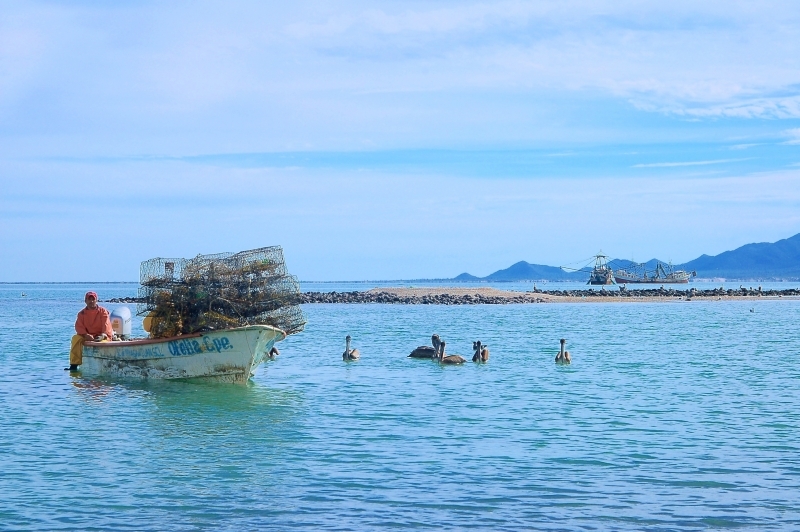
Property Rights in Fisheries: Experiences and Recent Developments in Latin America
Vice Chancellor of Management and Finance, Univeristy of Talca, Chile
This short course reviews the theory and practice of the use of property rights to manage fisheries in developing countries, with an special emphasis in Latin America. The course reviews the theoretical foundations of the use of property rights, in particular in the context of developing countries, such as the importance of illegal and unreported fishing and the use of taxes to fund management activities. Examples are examined using simulations to show the effects of these topics on quota markets. The class also reviews the experience and the lessons learnt with the use of individual transferable quota in Chile and Perú, since they were first implemented in 1991, the fisheries reforms in 2001 in Chile and 2009 in Perú, and the most recent update of the fisheries law in Chile in 2013. The class also examines how the legislation evolved and adapted to the context of developing countries. Finally, the experiences with TURFs and small scale aquaculture in Chile and Perú are explored.





